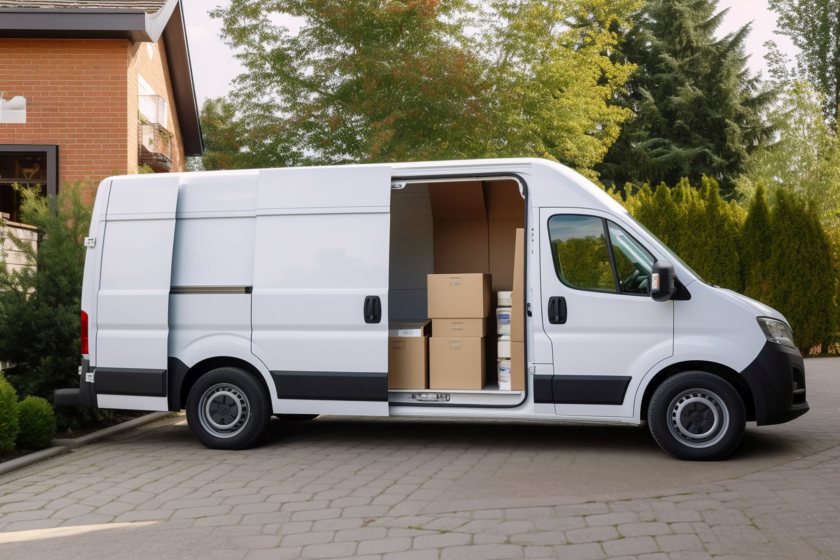
The government’s plan to stop classifying electric vans as heavy goods vehicles has been hailed as a major “victory for the environment and common sense” by Logistics UK.
The proposals follow a consultation on regulatory flexibility for zero-emission vans, recommending legislative changes that would remove electric vans from the same regulatory category as HGVs — a situation driven solely by the extra weight of their batteries rather than any difference in how they operate.
Chris Yarsley, Senior Policy Manager for Road Freight Regulation at Logistics UK, said the current framework makes no practical sense and is discouraging businesses from switching to cleaner vehicles. He said it was “nonsensical” that standard-sized electric vans face HGV-level MOT and driver-hours rules because “it is only the extra weight from the batteries that moves electric vans into the same category as HGVs,” adding that operationally they are identical to diesel and petrol models.
He said the proposed changes would remove unnecessary costs and regulatory burdens for operators, giving them more confidence to invest in electric vehicles. The result, he added, is “a victory for the environment and common sense.”
Logistics UK has campaigned for years for full regulatory alignment between 4.25-tonne electric vans and their 3.5-tonne diesel equivalents. As part of the Zero-Emission Van Plan coalition, the group has pushed the government to dismantle regulatory barriers and improve fiscal support for greener vehicle adoption. Yarsley said the consultation outcome shows “the government is listening to the sector’s concerns”, and urged ministers to adopt the recommendations into law without delay.
He also welcomed progress on expanding the existing N1 vehicle classification to include electric vans up to 4.25 tonnes, saying this remains a key area of discussion with the Department for Transport.